Blog dan Berita
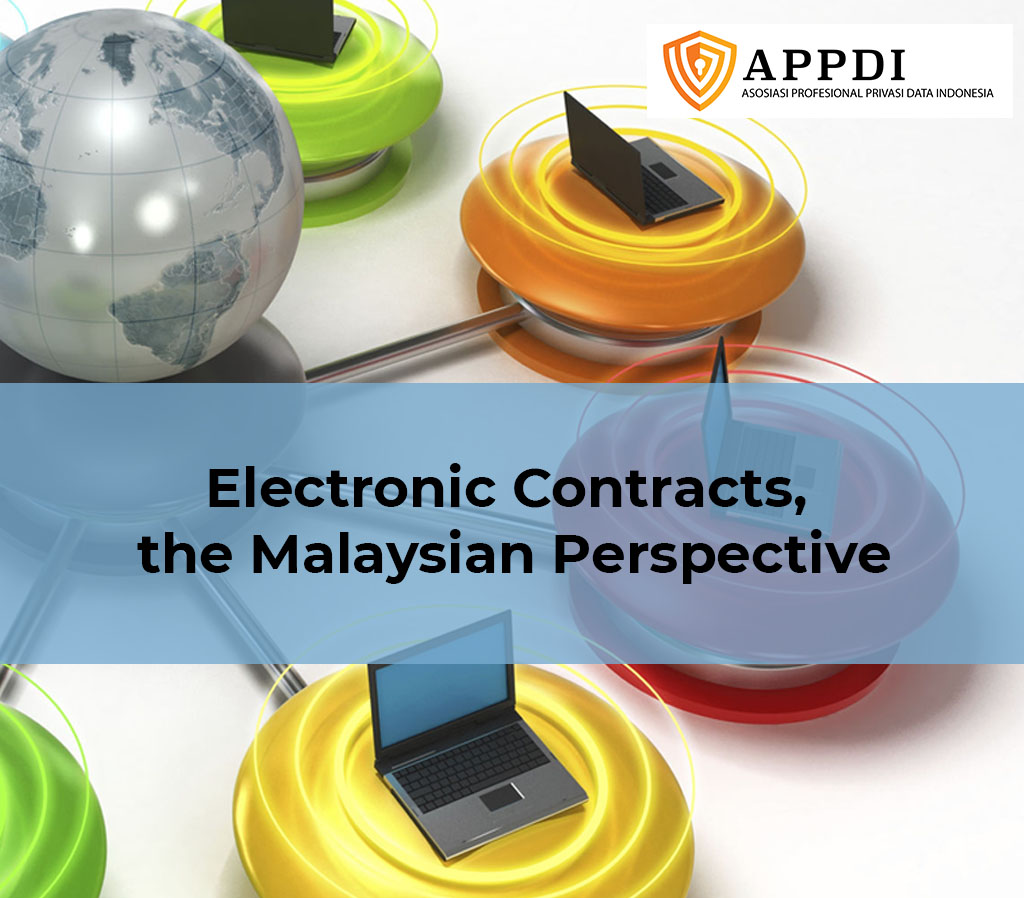
Electronic Contracts, the Malaysian Perspective
Abstract – Malaysia has provided numerous laws years ago to support the ICT developments. However, the adequacy of these laws are challenged. For instance, e-commerce law of Malaysia has been enacted many years back through different statutes. This study examines the adequacy of the Electronic Commerce Act of Malaysia as a case study to find out whether the present laws are comprehensive enough to support the…

Nanotechnology: Sketching the Next Big Thing in Malaysian Context
Realizing the limitless prospects of nanotechnology, many countries in the world, irrespective of size and economy, have been investing and allocating considerable amount of funding. Innovative initiatives are also taken at both public and private sphere. Over the years, Malaysia has successfully established its competence in electrical and electronic, and chemical sectors, where nanotechnology is very prospective. The government of

A Historical Overview of Nuclear Energy Regulations in ASEAN
The consistent rise in the prices of oil, coal, fossil fuels and on the other, the lack of natural gas reserves has indicated the struggle of ASEAN for energy demand, which is eventually going to persist in future. Consequently, due to the scarcity of fossil fuels, oil and natural gas resource, nuclear energy surfaces as a palatable strategic option for ASEAN’s future development agenda. However, a successful nuclear power program entails an
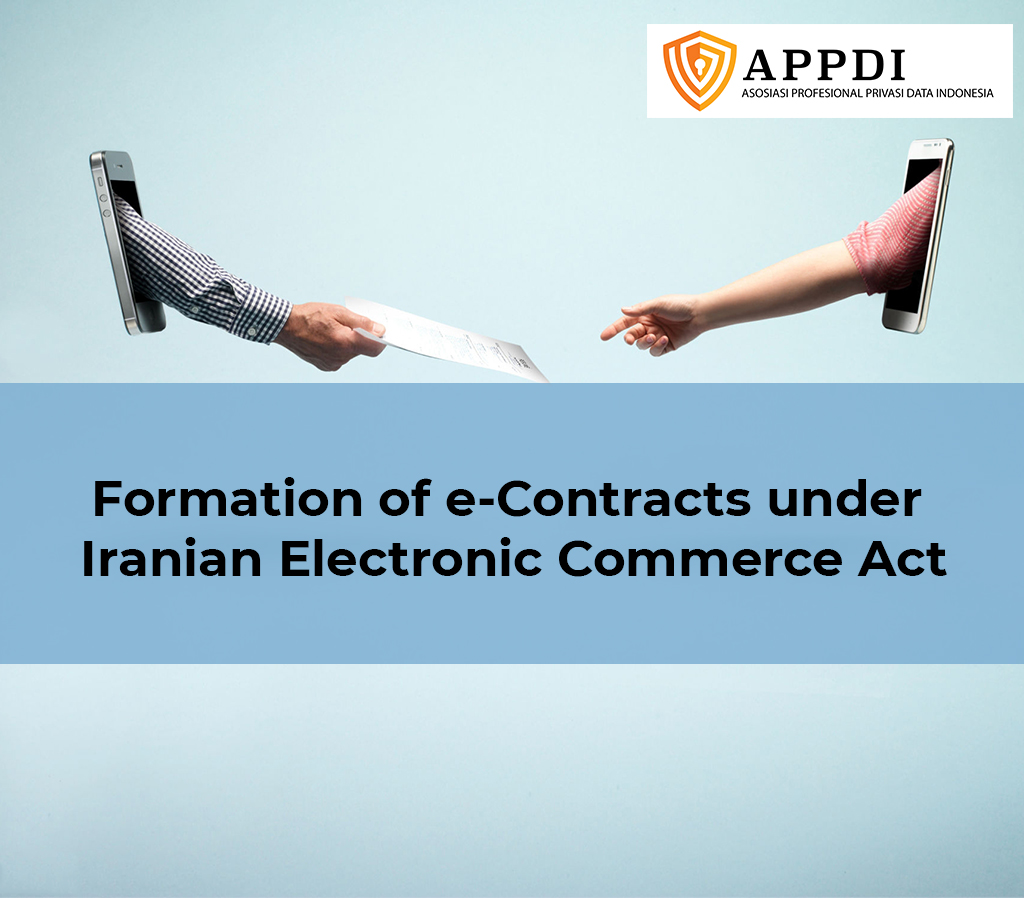
Formation of e-Contracts under Iranian Electronic Commerce Act
The time and place of formation of a contract comprise significant legal effects under the law of contracts. In case of electronic contracts, the determination of time and place of dispatch and receipt of an electronic message plays a significant role to determine the time and place of formation. The Electronic Commerce Act of Iran provides a number of provisions concerning the formation stage. The modification of the dispatch
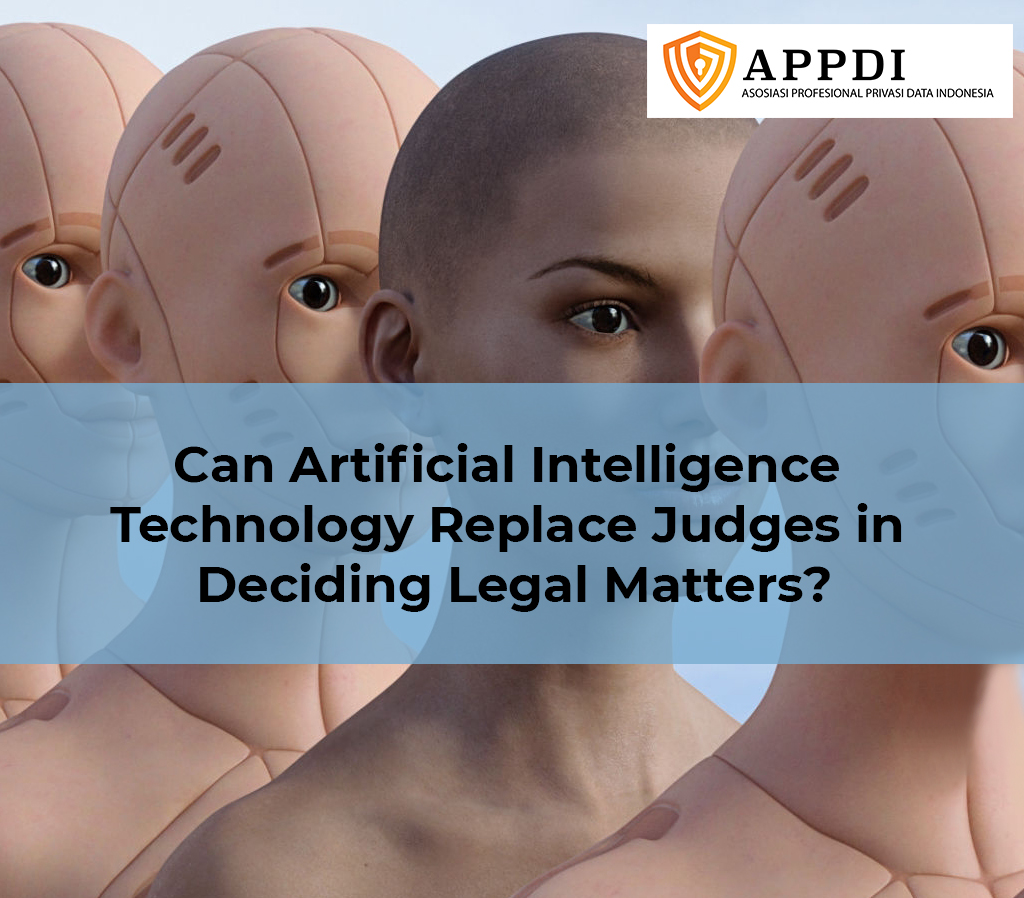
Can Artificial Intelligence Technology Replace Judges in Deciding Legal Matters?
The rapid development of artificial intelligence technology has led to predictions about the decline in the functions of many established professions, including that of the profession of judges. This paper questions whether such technology can substitute judges in deciding legal matters. Artificial intelligence technology assumes there are general patterns that will treat the same way for cases with similar characteristics (similia similibus).

Energy Revolution for Our Common Future: An Evaluation of the Emerging International Renewable Energy Law
Climate change poses profound threats to the Earth and its people. Its mitigation, therefore, demands common but differentiated actions with comprehensive and coordinated approach. The global community has pledged to mitigate various greenhouse gases in some international soft law instruments. Exploitation of renewables to generate energy
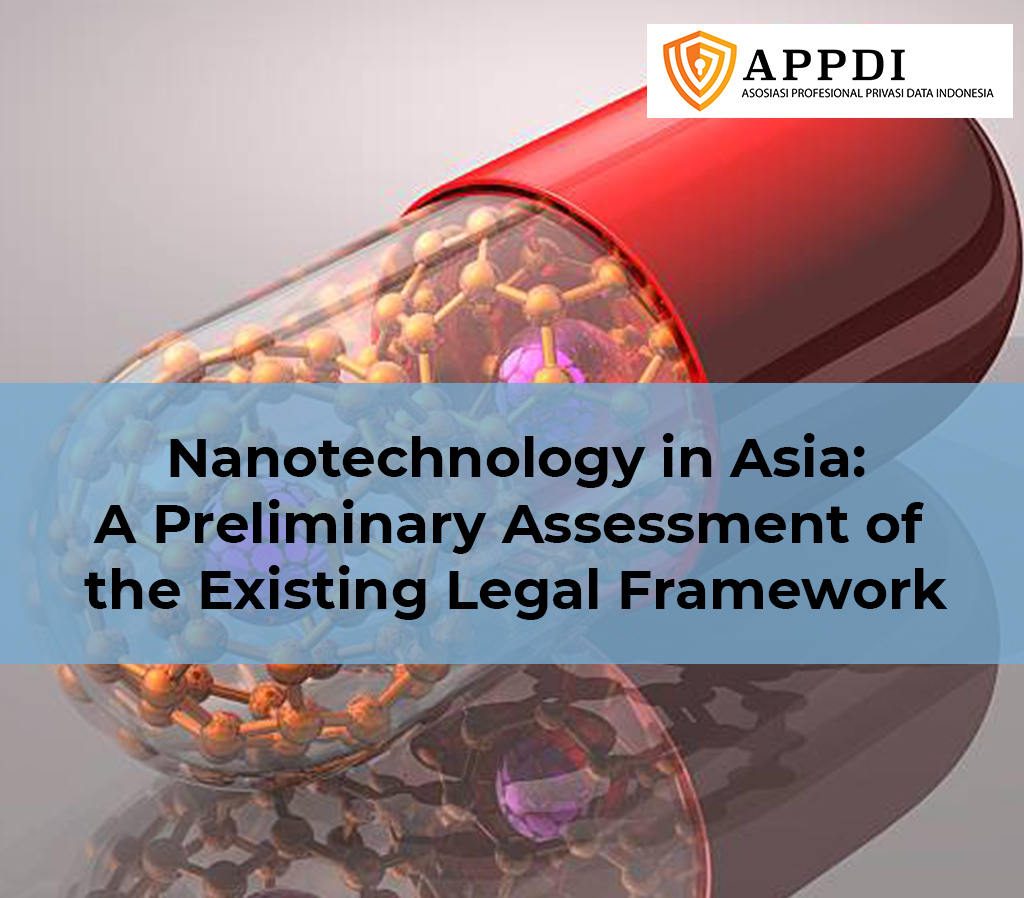
Nanotechnology in Asia: A Preliminary Assessment of the Existing Legal Framework
Nanotechnology, often referred to as the next industrial revolution after internet, is an interdisciplinary study with limitless potential. It is claimed that nanotechnology is now at the stage where ICT and use of plastic were in 1960s and biotechnology was in 1980s. Already more than 2000 nano-enabled consumer products are in the market and the ILO predicts that by 2020, twenty percent of the products
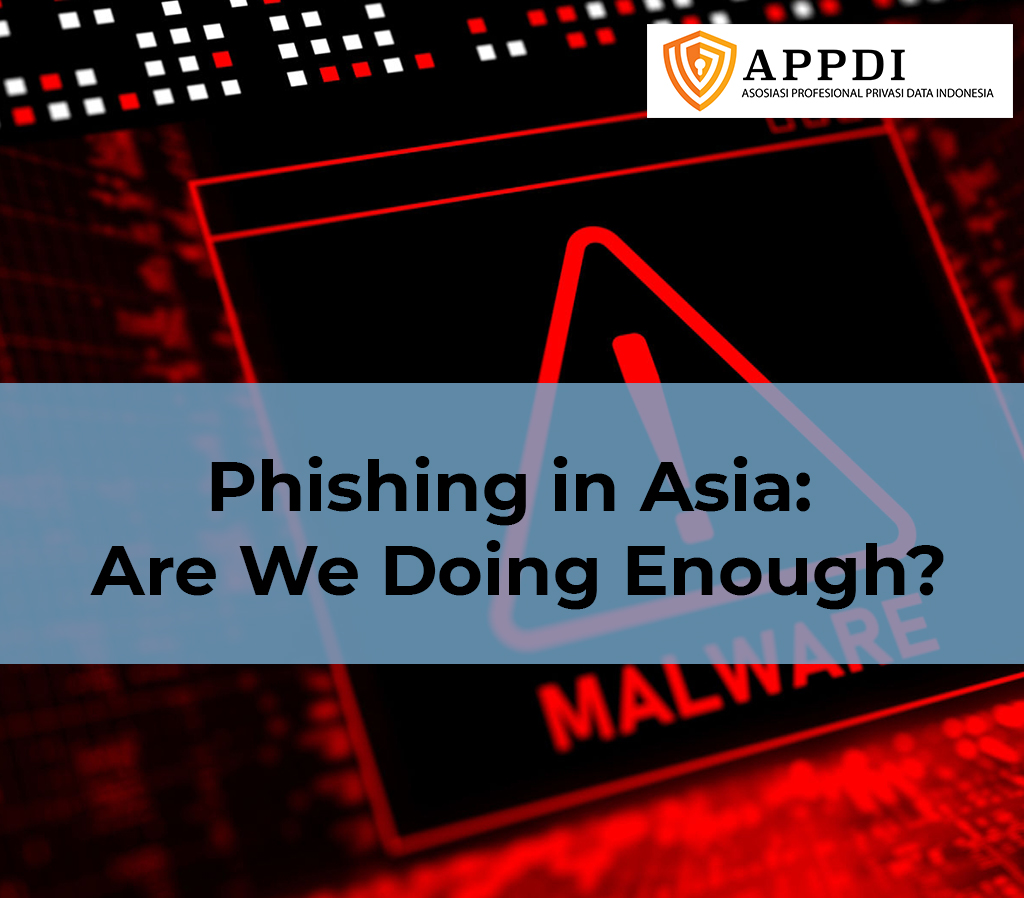
Phishing in Asia: Are We Doing Enough?
Phishing and identity theft is emerging as one of the crimes of the 21st century. It is one of the fastest growing forms of Internet fraud. According to the U.S Federal Bureau of Investigation, phishing has become the hottest, and most troubling, new scam on the Internet. Credible estimates of the direct financial losses due to phishing alone exceed a billion dollars per year.1 Indirect losses are much higher, including customer service expenses, account replacement costs, …
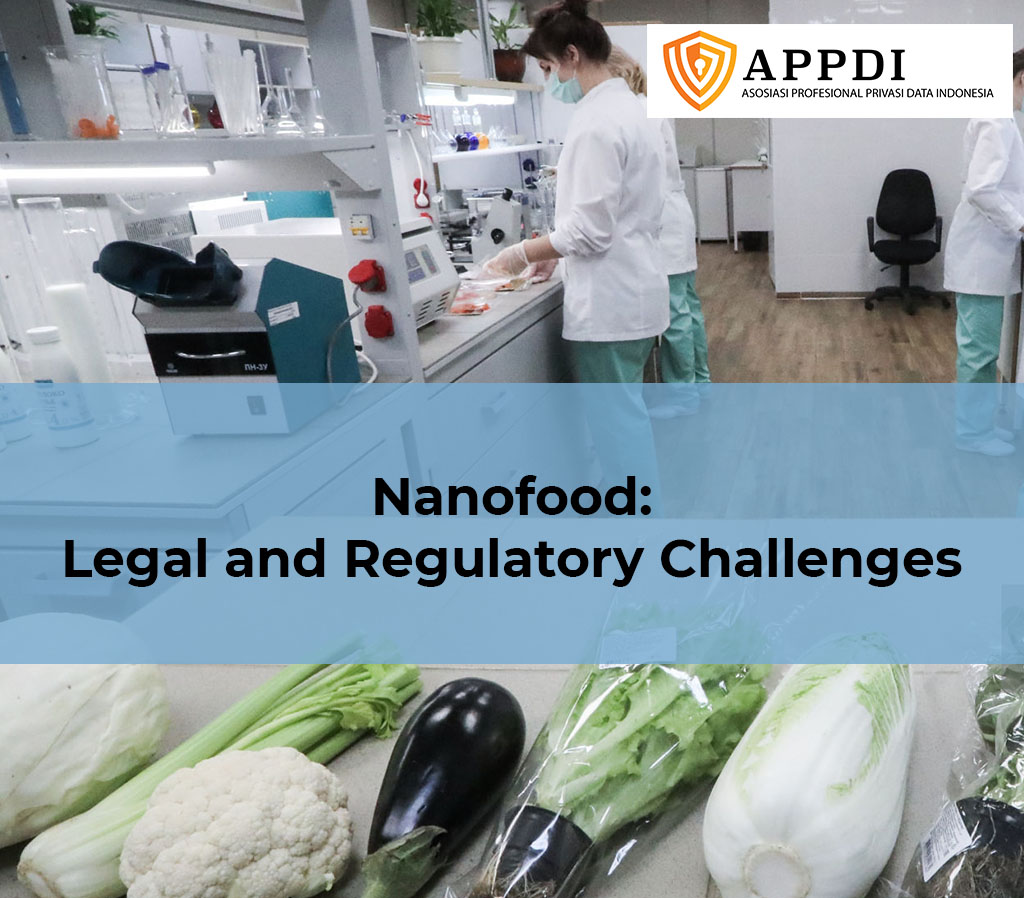
Nanofood: Legal and Regulatory Challenges
ABSTRACT – Nanotechnology will have a significant impact on food production in a variety of ways, both directly and indirectly. The growth and complexity of nanotechnology in food applications poses new challenges for the existing food regulation as well as the regulatory authority. This article seeks to examine the legal and regulatory challenges posed by the nanotechnology applications in the food industry. This article reviews some of the relevant legislation in the U.S. and E.U.

Retention of Communications Data: A Bumpy Road Ahead
The EU Electronic Privacy Directive 20021 requires Member States to ensure the confidentiality of communications. In particular, Member States shall prohibit listening, taping, storage or other kinds of interception or surveillance of communications.2 The communications service providers are obligated to delete all traffic data no longer required for the provision of a communications service.3 Yet, …
Pelatihan DPO Bersertifikat 2024
20-22 Agustus 2024 – Pelatihan Pejabat Pelindungan Data Pribadi Bersertifikat. Klik di sini untuk informasi lengkapnya.



